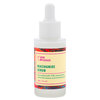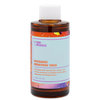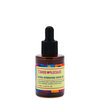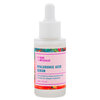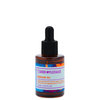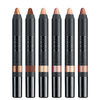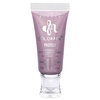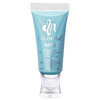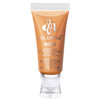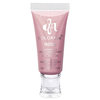Scar Care That Really Works
Published Oct 22, 2011

Scars in obvious places can be embarrassing and unattractive, and bring up all sorts of insecurities. We know that our Beauties like to look and feel their best, so we spoke with New York City-based dermatologist Barbara Reed, M.D., and Los Angeles-based dermatologist Alex Khadavi, M.D., who specializes in growth factors, to find out which creams, lotions, and care are the best for removing or preventing scars.
The longer the scar has been around, the harder it is to erase completely. The best way to prevent scars is by treating them early. "If a scar is new and red, it will most likely fade," says Dr. Reed. "If it's older and pigmented, it can be harder to treat, and if it's lumpy and raised, then you should speak with a dermatologist. Most of your healing depends on your age, genetics, and where the scar is. Constant dedication to a scar is essential to reducing its appearance. Just like using an eye cream, you need to be consistent in applying cream or oil, and massaging your scar to loosen the tissue."
The myth that the more expensive the cream, the better it works is untrue, especially when it comes to scar treatment. "The basic ingredients that are found in many creams can help to treat scars," says Dr. Reed, "so you don't need to choose the most expensive brand. If the scar is brand new and shallow, all you need to do is keep it out of the sun and stop it from getting infected. Use a product such as Mederma after the scab falls off. You can also massage the area with essential oils, but you have to be diligent." Another option is silicone. “The best way to avoid a scar is to use a silicone gel," says Dr. Khadavi. "The more concentrated the silicone gel, the better. In fact, 100% silicone gels are the best to use. If used twice daily, there is a dramatic decrease in scar formation."
Beautylish recommends:
1. Mederma
Apply this after a fresh scab falls off to heal the skin and prevent a scar. You must apply it four times a day, but it can drastically reduce the color and texture of a scar.
2. Bio Oil
Full of plant extracts and vitamins (including exfoliating vitamin A), Bio Oil can be rubbed into existing scars to reduce the redness and lumpiness. And, it’s not greasy.
3. Kelo-Cote
This over-the-counter silicone gel works to soften and smooth the scar as well as reduce itching. It creates a waterproof membrane that acts as a second skin to speed up healing.
Featured Products
-
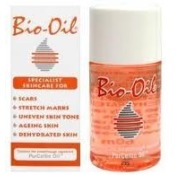
Bio-Oil
Bio-Oil
/ 58
You Might Also Like
-

Makeup Removers
Confession: I’m a Beauty Editor and Water Hasn’t Touched My Face in a Decade
- 825
-
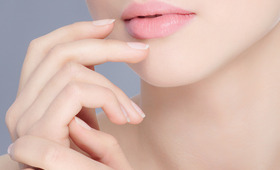
Skincare
The Most Important Anti-Aging Step You’re Probably Skipping
- 543
-

Looks
Beauty Tips From Alicia and Rihanna's Makeup Artist
- 462
-

Masks
Time to Exfoliate!
- 77
-
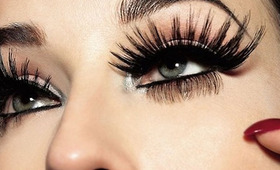
Eyelashes
Splurge or Save: Lash Growth Serums
- 175
-
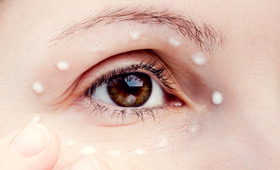
Eye Cream
Beginner Eye Creams
- 203
-

Tips & Tricks
The Five-Day Blowout
- 2133
-

Skincare
DIY Blueberry Skin Care Recipes
- 719



